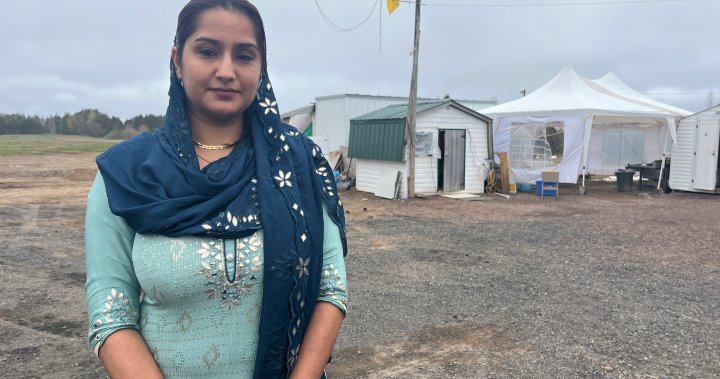A Sikh parade in rural New Brunswick will proceed as planned after organizers successfully secured the necessary permits, ending a controversy that had erupted on social media. The incident has sparked important conversations about cultural diversity and inclusion in smaller Canadian communities where multicultural events remain relatively uncommon.
Tensions initially flared when the Village of Norton, a small community near Sussex, received an application from the Maritime Sikh Society to hold a Nagar Kirtan—a traditional Sikh religious procession—along local roads. The event, which celebrates Sikh culture and heritage, faced unexpected resistance when village officials delayed approving permits, citing “public safety concerns” that were never clearly defined.
“We’ve been organizing Nagar Kirtans across the Maritimes for years without incident,” said Gurmeet Singh, a spokesperson for the Maritime Sikh Society. “These processions are peaceful celebrations that invite everyone to experience our traditions, including community service, shared meals, and cultural performances.”
The permit delays prompted concern within New Brunswick’s growing Sikh community, which includes approximately 200 families across the province. The issue gained wider attention when social media posts questioning the parade’s purpose began circulating in community groups, with some comments revealing misconceptions about Sikh customs and traditions.
Provincial leaders, including New Brunswick Premier Blaine Higgs, eventually intervened after rights advocates pointed out that religious processions are protected activities under Canadian law. “New Brunswick welcomes diversity and supports the right of all religious communities to celebrate their traditions,” Higgs stated in a written response to media inquiries about the situation.
The World Sikh Organization of Canada also issued a statement expressing concern about the initial resistance, noting that “such challenges often stem from unfamiliarity rather than intentional discrimination.” The organization has offered to provide cultural awareness resources to communities hosting Sikh events for the first time.
According to Canada News, similar situations have emerged in other rural Canadian communities as the Sikh population continues to grow across the country. Statistics Canada reports that Sikhs now constitute one of the fastest-growing religious groups in Canada, with significant communities developing beyond traditional urban centers.
Village officials in Norton have since apologized for the delay, confirming that the parade permit has been approved with standard traffic management protocols in place. “We’re committed to making this a positive experience for everyone involved,” said Norton Mayor Kenneth Cochrane. “This is a learning opportunity for our community.”
The parade, scheduled for next month, will feature traditional elements including the procession of the Guru Granth Sahib (the Sikh holy scripture), kirtan (devotional music), langar (community kitchen offering free meals), and displays of gatka (a Sikh martial art). Organizers emphasize that all community members, regardless of faith background, are welcome to attend.
This incident highlights the ongoing challenges faced by religious minorities in rural Canada, where exposure to diverse cultures often lags behind urban centers. However, it also demonstrates how dialogue and education can transform initial resistance into opportunities for community growth and understanding.
As Canada continues to diversify, how might smaller communities better prepare themselves to embrace multicultural events while addressing legitimate logistical concerns without creating perceptions of bias or exclusion?










